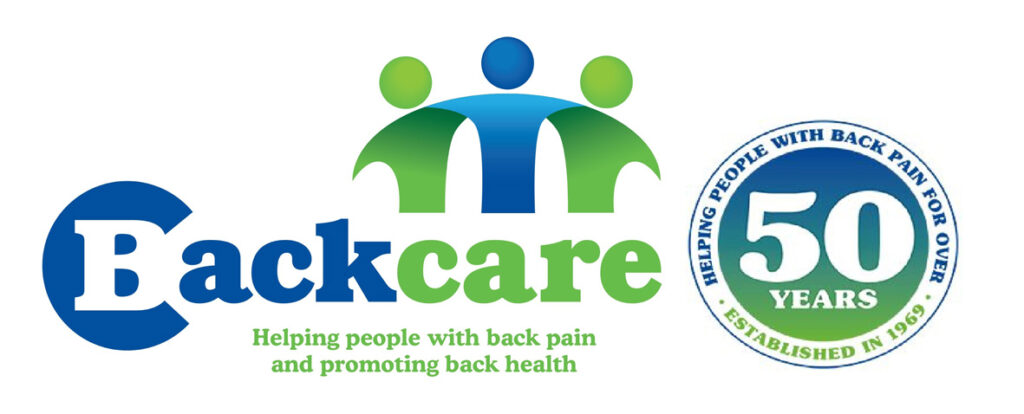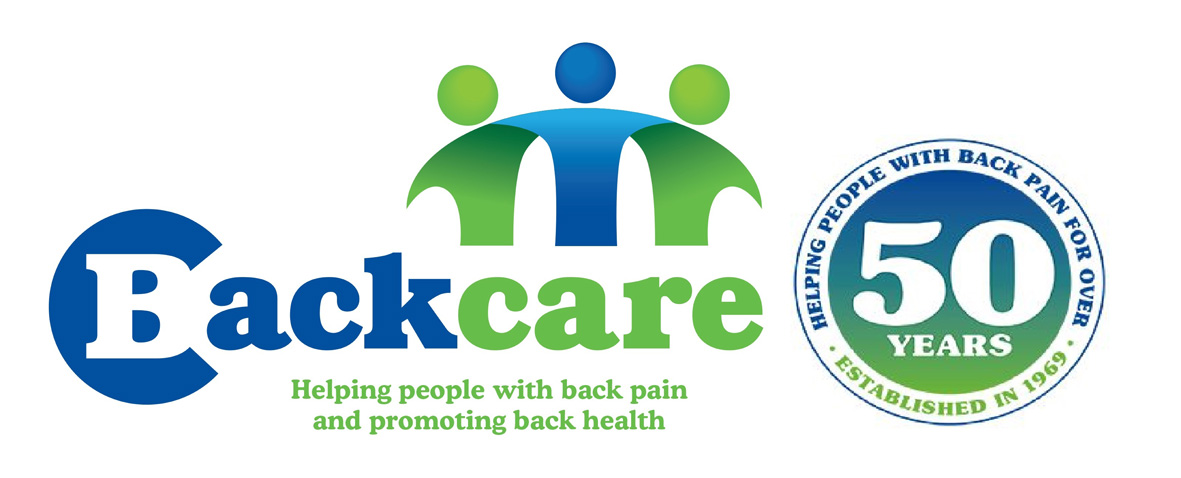Leading pain expert Dr Anthony Ordman, explains how cannabis medicine can offer an effective chronic pain solution
Anthony Ordman has spent over twenty years working in the Pain Management Clinic of London’s Royal Free Hospital, having set the clinic up in 1997. He now works in private pain medicine practice and is the past president of the pain medicine section of the Royal Society of Medicine.
He was awarded the Fellowship of the Royal College of Physicians in 2005 in recognition for his work in Pain Medicine, Anthony is now Senior Medical Adviser and Lead Clinician of Integro, Medical Cannabis Clinics Ltd. He is also a medical advisor to charities helping musicians, and those in the performing arts, and the Clinical Advisor on the board of BackCare, the National Back Pain Charity.
Anthony Ordman on back pain
Anthony writes: I became a Consultant in Pain Medicine some 24 years ago and have always had a special interest in the back and spinal pain which trouble so many patients attending the pain clinic, and so much of the general population.
Perhaps back pain is so common because our spines are designed by evolution for walking on all four limbs and supported at both ends. But we, as humans, insist on walking only on our hind limbs, and sitting upright, putting much more mechanical strain on every structure in our backs than they were ‘designed’ for.
Many of us also mobilise our backs through exercise rather less than we perhaps should. We only have to look at our pet cats to see how regular bending and stretching of our spines should be done several times a day to keep our spines healthy. We also tend to be much more sedentary than we should, and so the postural ‘core stability’ muscles surrounding our spines, can become rather less effective as ’guy ropes’ than they should be.”
As intervertebral discs become worn, and facet joints at the back of the spine become enlarged and stiff, nerve roots leaving the spine to go down the arm or leg become pinched, and spinal muscles can become painfully tight and stiff.
Often, with the right balance of rest, exercise, and simple pain medicines, such as paracetamol and ibuprofen, an episode of back pain can settle down relatively quickly. Sometimes people are not so fortunate and pain in the spine and limbs can go on to become long-term or chronic. There are many other people who suffer spinal pain brought on by their long-term medical conditions, such as multiple sclerosis, inflammatory arthritis, fibromyalgia, or hypermobility and Ehlers-Danlos syndrome, who have a very difficult time, despite receiving the best medical treatment of the underlying medical condition itself.
Modern physiotherapy and medicine can often be of great help in such circumstances. But sometimes, even in the best of pain clinics with x-ray guided spinal injections, the best pain medicines and expert physiotherapists and clinical psychologists, accompanied by acupuncture and homoeopathy, are simply not enough. We struggle to help people rid themselves of back pain, enough to be able to enjoy life again. Often, this is because the pain has been ‘centralised’ by changes in the nerve cells of the central nervous system.
Thinking in particular of the specialist pain medicines we have to offer, choices can be surprisingly limited, and we have to be careful not to do more harm than good. Opioids such as codeine, tramadol and morphine don’t often help after a few weeks but continue to cause sedation, brain fog and constipation, with a high risk of dependency. Medicines such as amitriptyline used for nerve pain, low mood and poor sleep, often take more away more from patients in terms of memory and alertness, than they give through pain reduction. The same is so often true for gabapentin and pregabalin, and many of the other medicines licensed for treating pain. And while we are hopeful that the new classes of pain medicines will come along soon, we can’t expect any miracles just yet.

Throughout my years in pain medicine, I’ve always attended national and international scientific medical meetings and, interestingly, almost every scientific conference seemed to have at least one lecture on the mysterious ‘endo-cannabinoid system’. This is a system of natural biological pathways present in all of our bodies, where nerve cells, and immune and other cells use natural ‘cannabinoid’ substances to signal to each other, regulating bodily processes such as pain transmission, inflammation, and so on. The function of the endocannabinoid system seems to have to do with normalising body activity after illness or injury. The hope had always been that, very soon, the big mainstream pharmaceutical companies would find us the medicines we needed to modulate the endocannabinoid system to reduce pain and improve lives.
Back pain and cannabis
But, unfortunately for us all, this hasn’t happened, partly because the legal and regulatory frameworks of many countries have made the development of cannabinoid drugs difficult or impossible. One or two cannabinoid medicines did become available in this country, Sativex being one, but this rarely seemed to help my pain patients who tried it. By contrast, some patients, and the doctors treating them, told me that when desperation drove people to try illicitly-sourced cannabis for their pain, this often did more good than many of our new and expensive licensed medicines.
The main risk to patients seemed to be the illegality of the purchase of an illegal substance. Meanwhile, in other countries, such as Canada and Israel, the legal situation was eased, as it was seen that the pharmaceutical extracts of cannabis could be extremely helpful for those suffering long-term pain, and other conditions. Then, in November 2018, regulations were slightly eased here in the UK, to allow specialist doctors to prescribe cannabis-based medicines legally, for long-term conditions where conventional medical approaches had been tried or seriously considered, without benefit to the patient.
I was keen to find out for myself what cannabis medicines might have to offer patients who I could not help in other ways. And I was extremely fortunate to be approached by the chief executive of Integro Medical Clinics to see if I would take up the medical leadership role in a service that would specialise in using the new cannabis-based medicines. With the partnership and expert support of IPS, the country’s, leading expert pharmacy in dispensing pharmaceutical cannabis medicines, and several months of study on cannabis medicine, I found myself prescribing cannabis medicines for people whose lives were on hold because of pain.
Many had already tried CBD oil and found this just wasn’t enough to help, something we’re seeing more and more now. But in the clinic, we find that by blending just the right amount of THC and terpenes in each individual patient’s cannabis oil or flower, we are improving patients’ nerve and inflammatory joint pain and the painful muscle spasm of spinal pain, as well as improving sleep at night, without the daytime sedation or dependency of conventional pain medicines. People can begin to get back to their work, childcare and leisure activities with a clear head and sharper memory. And then, within two or three months, we can begin to relieve people of the burden of their conventional pain medicines. The very same cannabis medicines can also restore healthy sleep to patients and lift mood, which had been depressed by pain for so long. People also felt brighter and less anxious than before.
One patient I’m seeing, a fellow hospital clinician, was asked by her colleagues why she was walking normally now. She didn’t mention her new low-dose cannabis medicines to them, but importantly, I have no doubt she is safer in clinical practice than when she still had a lot of pain, and her conventional painkillers and muscle relaxants were making her sleepy.
So, thirty years of scientific awareness of the endo-cannabinoid system is finally beginning to benefit patients with long-term pain, including ‘centralised’ pain, and I’m delighted to be at the cutting edge of medical practice again, helping people to reduce their pain and improve their lives.
Dosing techniques
Cannabis oils are taken by mouth, perhaps half a ml. placed under the tongue, or swallowed. The oil’s effect comes on gradually and, taken two or three times a day, give sustained benefit over many hours.
Pharmaceutical grade cannabis flower, with known levels of CBD, THC and terpene content, is inhaled using a specialist medical vaporizer, which heats the flower to exactly the right temperature to activate the cannabinoids. ‘Vaping’ is much safer than smoking cannabis, as it preserves the medicinal cannabinoids, which are damaged by the excess heat of smoking. We never recommend vaping with tobacco.
I’m sometimes asked why NICE, the National Institute for Health and Care Excellence do not recommend cannabis medicines for treating chronic pain in the NHS.
I answer by explaining that NICE relies on evidence from large ‘double-blinded random allocation clinical trials’, which are usually so expensive and time-consuming to carry out, that they have to be sponsored by the large, international pharmaceutical companies. Unsurprisingly, for various reasons including the adverse regulatory environment that still exist around the world, these studies have not yet taken place. On the other hand, there are plenty of ‘retrospective’ medical scientific papers that do show the safety and effectiveness of cannabis medicines for many long-term pain conditions.
In this, and other ways, The NHS is not ready for cannabis medicines yet, except in a few very limited cases. Fortunately, specialist cannabis medicine clinics have been quick to respond to the new opportunities to use cannabis carefully and safely for those with long-term pain when conventional medical approaches have not been enough.
Appointments
If you would like to book an appointment to see Dr Ordman and discuss your, or a family member’s, back pain please contact Integro Clinics and speak to our nurse who can take all your details. Consultations are remote so you can have an appointment from the comfort of your own home.
If you would like to watch BackCare, the National Back Pain Charities webinar on Back Pain and Cannabis Medicine with Dr Ordman speaking, please click on the link: https://youtu.be/2r5X6_Nhlq4
Dr Anthony Ordman, senior clinical adviser and hon. clinical director Integro Medical Clinics Limited said: Integro Clinics Ltd always recommends remaining under the care and treatment of your GP and specialist for your condition, while using cannabis-based medicines, and the Integro clinical team would always prefer to work in collaboration with them”
If you would like further information, or to make an appointment for a medical consultation, please contact Integro Clinics:
Website: www.integroclinics.com
Email: Contact@integroclinics.com
Twitter: @clinicsintegro

The post There is hope: Don’t let your back pain ruin 2022 appeared first on Cannabis Health News.



